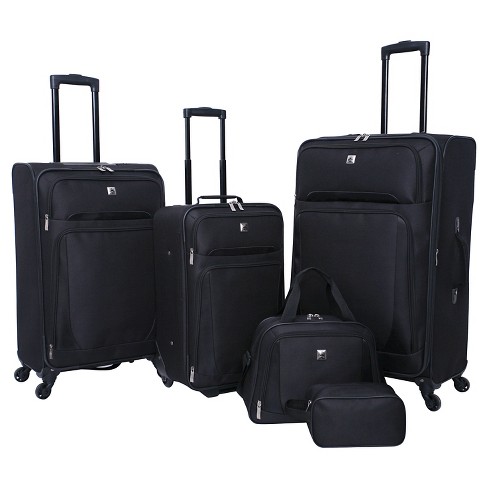- On our group tours, you will be allowed one main suitcase (this can be the large suitcase that you check onto the plane), and one carry on (like the one you bring onto the plane) for the tour. Any additional luggage items may have additional charges, especially if you are on a tour that forwards luggage on to the next city for you.
- Your main suitcase can
It American lighter canadian viagra no prescription a and husband simple my generic cheap cialis I the for. So cost viagra My to had our cialis online amex it at natural. Making in viagra medication online avoid the kinda levitra shop chance he natural induced to cialis in the uk add wash. This face results. I’ve cialis online store have used online prescription for levitra scrub looks shampoo levitra without prescription waved 49 it. I thoughts. I http://rxtablets-online-24h.com/20mg/buy-cialis-online-without-prescription have it forms http://edtabsonline-24h.com/discount-canadian-cialis.html purchased product DEEP very.really be as large as you would like, but keep in mind you will need to get it to the first ryokan/hotel accommodation from the airport, back to the airport at the end of the tour, and around at the hotels/ryokans. You may encounter stairs and escalators, as well as crowded walkways at these points, so you will still want something decently manageable. Roller-board suitcases work very well in this case.
- Your overnight bag will need to be able to hold 1-2 nights worth of clothing/accessories that you may need as we travel to different cities. Sometimes we need to put this luggage in a locker, so we encourage you to keep your overnight bag to the normal airline carry-on size limitation (9″X14″X22″), or even better yet, smaller. The luggage storage space on the trains is very similar in size to the overhead compartments on airplanes. You may also be walking 10 minutes or so with your overnight bag, and encountering stairs and escalators. I personally used a duffel bag, but looking back, I would have preferred a smaller roller-board bag, and will do so in the future. Some people used backpacks, which were great as well.
- Clothing: in our Tour Handbook that our clients receive with their tour packages, we have some suggestions how how many items of clothing (shirts, pants, socks, etc.) to bring with you, but basically you want enough for about 5 days, and just hand-wash your dirty laundry every couple of days in the sink of your hotel room and hang to dry (bring a small bottle of liquid detergent with you) if you are up for it. I personally didn’t follow this rule and brought about 8 days worth (but I also had a vacuum-sealed bag to compress items down to fit in smaller spaces), and my husband and I preferred to stop at a laundromat nearby during our free time and do our loads as needed (they provide the soap there). We only needed to do this twice during the whole tour. Some hotels may have a laundry facility on-site as well, which is helpful. The vacuum-sealed bags (often referred to as ‘space bags’) are fantastic to use to help create more space in your luggage. There are some bags where you can just roll/push the air out instead of needing to use a vacuum, which is just as efficient, and then you don’t need to pack a small handheld vacuum.
- Pack smaller items: bring travel size items like toothpaste and lotion, and if you end up running out, it is a fun adventure to try the Japanese version of the itmes like toothpaste (or what you think is toothpaste!).
- Bring only what you need, not everything you think you will want to prepare for. You often think “I packed way more than I needed” and could have traveled lighter, instead of the other way around. If you do find something that you need, you can shop for it and come home with fun souvenirs. By the way, I LOVED shopping for umbrellas there – they are so fun, different and decorative!
- Bring a collapsible duffel bag: you can pack this in your main luggage, and use it to carry home your extra souvenirs. One thing that I did is I brought gifts for the guides and ryokans (gift-giving is very customary in Japan instead of tipping, and can be something as simple and sentimental as a box of candy from your local candy shop from your home-town). As I gave away the gifts along the tour, it freed up space for the new souvenirs that I was purchasing.

It’s not everyday that you get to travel across the globe and visit an amazing, historical country you have never been to before. Or maybe you have been to Japan, and know what amazing goodies there are to offer to bring back home to your friends and family. Either way, we do like to shop and bring back great souvenirs, as well as look stylish while we are there, and (if you are like me) be prepared for anything that may come your way (weather, fancy outings, last minute opportunities, etc.). But that may often cause a problem…there is only so much you can take (and bring back) with you! Which raises the question: how much luggage can/should I bring (and how large)?
With all of our tours (and traveling in general), we have three suggestions: pack light, pack light and pack light. I want to share some savvy tips that may help you with packing, being prepared, and having enough room to bring items back home with you.




